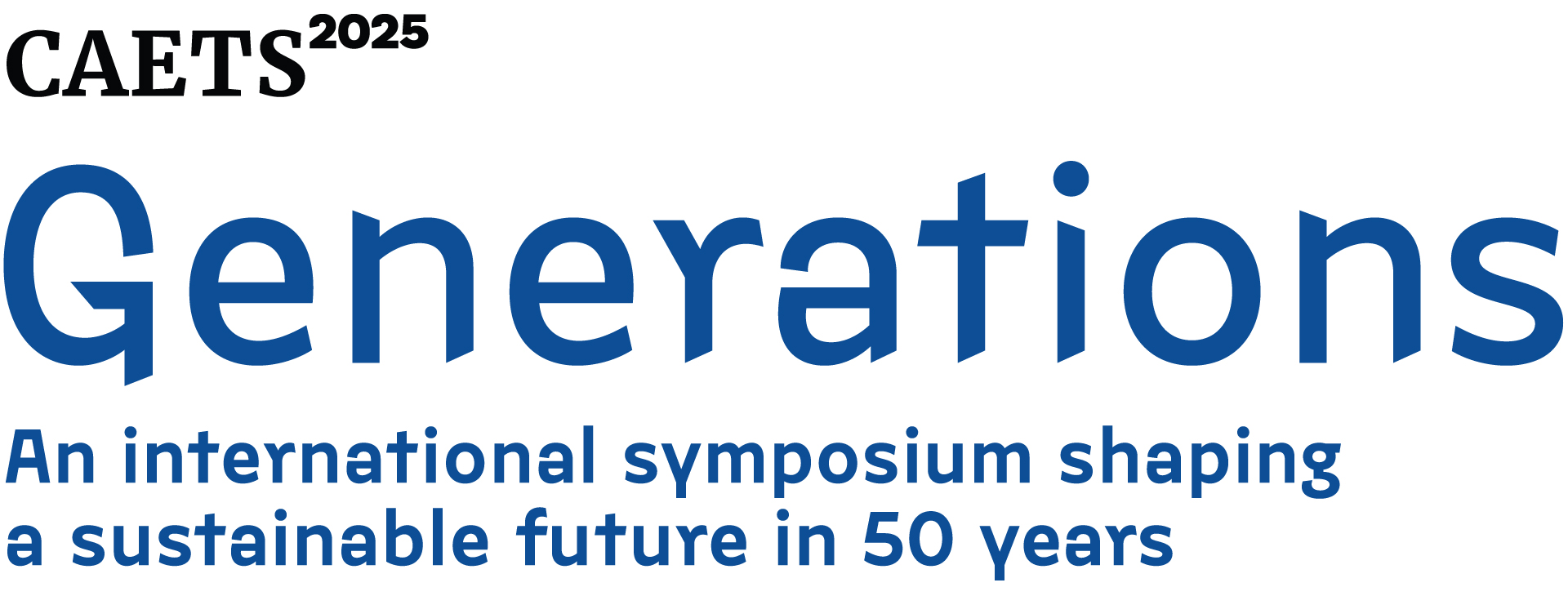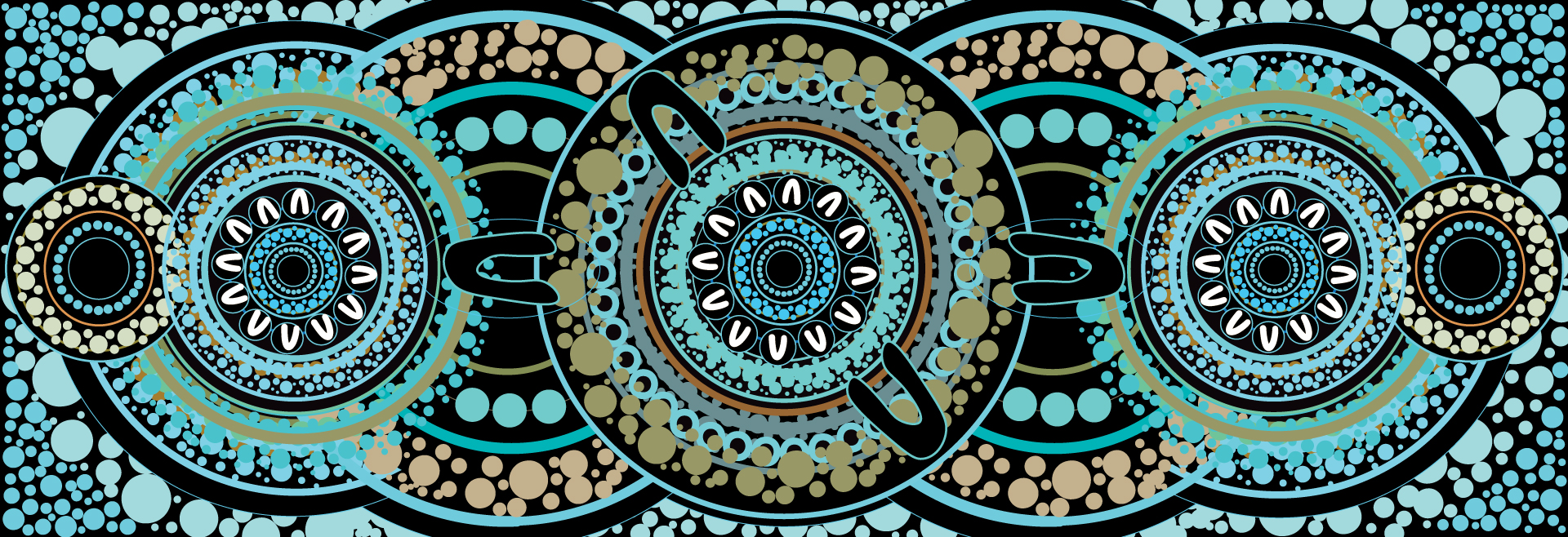Learn more about these prestigious national awards and nominate an innovator in Australian science, engineering and technology.

Join us for CAETS 2025 Generations — An International symposium in Brisbane, with international sustainability and technology leaders gathering for a global conversation on safeguarding future generations.
